Money is what seems to drive things and money is what seems to drive organizations too. They all start with an overriding moral goal but after a while things often turn toward more money.
In health care, there are tons of coalitions of hospitals are assembled. Why? To be in a better position to bargain with health plans for attaining more or higher payments and garnering more patients through referrals.
Recently there was a coalition of cancer centers being assembled. Why? Money. The federal government is going to spend tons on cancer research. These centers want to get a bunch of that money. Together they are in a better position to garner more.
Hospital associations generally advocate for more money from federal programs, or at least no payment reductions.
But the pursuit and attainment of more and more money accomplishes something else. It insulates organizations from needed to manage their costs properly. Reducing costs is a difficult process.
Those in charge often worry more about preserverving their position than risking it by cutting or reducing costs. Overtime, organizations have grown and become bloated.
This happens beyond healthcare. Take law enforcement, for example. Elected politicians are often resistant to raising taxes, so to bring in money local governments look for an issue to address like traffic or speed enforcement. They often do so despite the fact that data does not suggest a need for more enforcement.
Example: a few years back they raised the national speed limit which was in place to reduce traffic fatalities. Despite the outcry that the faster speed limit would result in increased deaths, total traffic fatalities decreased. Average speeds remained the same (so folks didn’t drive faster despite the increase speed limits). Why? Speed was not the driving factor in fatalities, but it was a convenient one to blame.
Consider speed limits in construction zones. Their purpose: to make it safe to the construction workers. But do they still issue citations at night and other times when there is not construction going on – you bet.
You see, no matter the industry, money is typically the driving motivator.
Therefore, always look to the benefitting organization, what they might truly desire and carefully evaluate what they are telling you are their motivations. While folks don’t like to admit, it’s always about the money.
Featured news
Targeting effective treatments for triple-negative breast cancer
The JKTG Foundation recently awarded funding to Laura Heiser, Ph.D., Associate Professor and Vice Chair of Biomedical Engineering at the Oregon Health & Science University (OHSU) School of Medicine, to develop a prototype multiscale model designed to predict therapeutic responses of tumor ecosystems – a new frontier in breast cancer research.
JKTG Foundation targets effective treatments for triple-negative breast cancer
The Jayne Koskinas Ted Giovanis Foundation for Health and Policy (JKTG Foundation) today announced funding to develop a prototype multiscale model designed to predict therapeutic responses of tumor ecosystems – a new frontier in breast cancer research.
Ted’s Take: There are no stakeholders, it’s just US
The word “stakeholder” really bothers me particularly in the healthcare space. I’m struck by a quote by Ken Burns.
“The thing that I’ve learned is that there is no ‘them.’ This is what everybody does: make a distinction about ‘them.’ It’s just ‘us’.”

Jayne Koskinas Ted Giovanis
Foundation for Health and Policy
PO Box 130
Highland, Maryland 20777
Media contact: 202.548.0133


